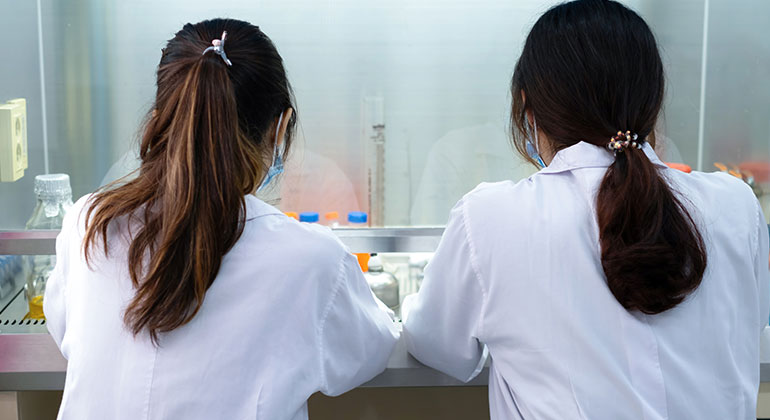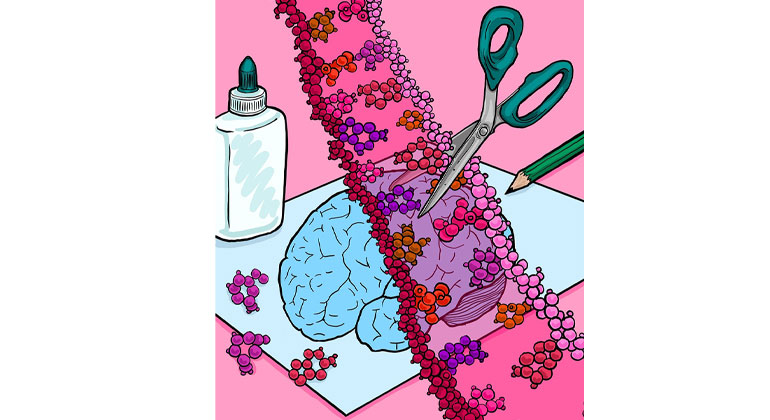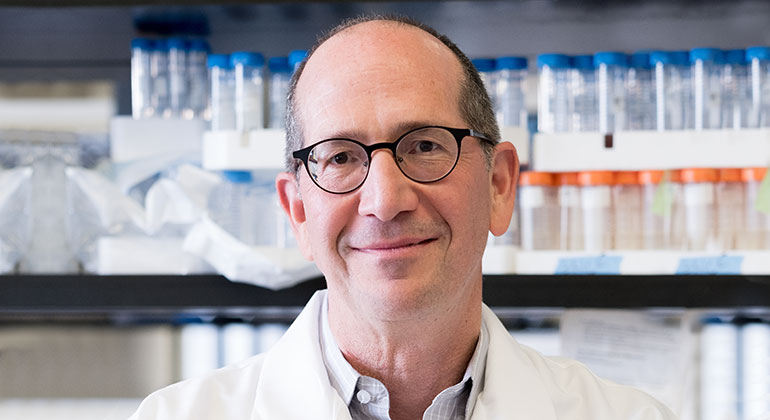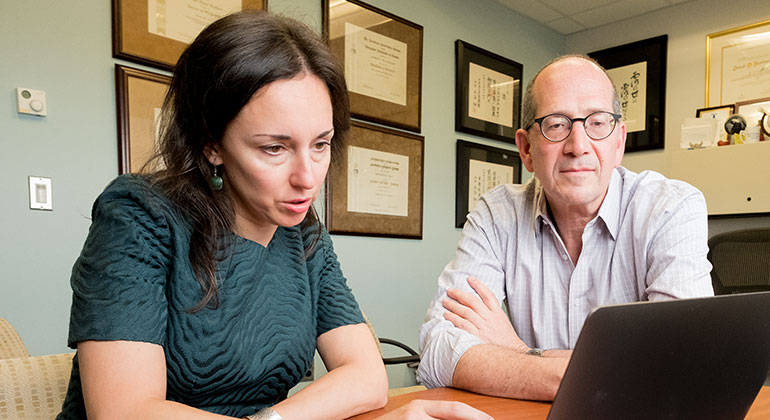New Research Suggests Older Dads Have “Geekier” Sons
Mount Sinai study suggests that this gives them certain advantages over their peers
Sons of older fathers are more intelligent, more focused on their interests, and less concerned about fitting in, all characteristics typically seen in “geeks,” according to research conducted at The Seaver Autism Center for Research and Treatment at the Icahn School of Medicine at Mount Sinai and published on June 20 in the journal Translational Psychiatry.
While previous research has shown that children of older fathers are at higher risk of some adverse outcomes, including autism and schizophrenia, this new study suggests that these children may also have certain advantages over their peers in educational and career settings.
Researchers from The Seaver Autism Center and King’s College London collected behavioral and cognitive data from 15,000 UK-based twin pairs from the Twins Early Development Study (TEDS). When the twins were 12 years old, they completed online tests that measured what the researchers called “geek-like” traits, including non-verbal IQ, strong focus on a subject of interest, and levels of social aloofness. Parents were also asked whether their child cared about how they were perceived by peers and whether the child had interests that took up a substantial amount of time. Using this information, the researchers computed a “geek index” for every child in the study.
The study team found that overall, higher “geek index” scores were reported in the sons of older fathers. This effect existed even after controlling for the parent’s social/economic status, qualifications and employment. In addition, researchers found that these children did better on school exams, particularly in the science, technology, engineering, and mathematics (STEM) subjects, several years after their index was measured.
“Our study suggests that kids of older men are not only smarter, but also better able to adapt to environments that require dedicated pursuit of one’s goals, characteristics that promote educational and, likely, career success,” says Magdalena Janecka, PhD, a postdoctoral research fellow at The Seaver Center. “We think it’s particularly important to acknowledge the benefits associated with older fathers, as these results will help better inform us about the links between higher paternal age, autism, and the positive characteristics identified in the study.”
The new results may have implications for understanding the links between higher paternal age, autism, and characteristics typically seen in “geeks.” Future work will study the hypothesis that some of the genes that are more likely to be present in older fathers may contribute to either "geekiness" or autism, depending on how many of them the child inherits.
“When a child inherits only some of those genes, they may be more likely to succeed in school, but with a higher ‘dose’ of these genes, and when there are other contributing risk factors, they may end up with a higher predisposition for autism,” explains Dr. Janecka. “Recent research shows that some of the genes for autism are also linked with higher IQ so future studies will investigate that connection even further.”
This study was funded in part by the Beatrice and Samuel A. Seaver Foundation.
About the Seaver Autism Center for Research and Treatment at Mount Sinai
The Seaver Autism Center for Research and Treatment at Mount Sinai conducts progressive research studies aimed at understanding the multiple causes of autism spectrum disorder (ASD). The multidisciplinary team is composed of experts in the fields of genetics, molecular biology, model systems, neuroimaging, biomarkers, diagnosis, and experimental therapeutics who are dedicated to discovering the biological causes of ASD. The Center strives to develop innovative diagnostics and treatments for integration into the provision of personalized, comprehensive assessment and care for people with ASD. The Seaver Autism Center was founded through the generous support of the Beatrice and Samuel A. Seaver Foundation. For more information, visit www.seaverautismcenter.org.
About the Mount Sinai Health System
Mount Sinai Health System is one of the largest academic medical systems in the New York metro area, with more than 43,000 employees working across eight hospitals, over 400 outpatient practices, nearly 300 labs, a school of nursing, and a leading school of medicine and graduate education. Mount Sinai advances health for all people, everywhere, by taking on the most complex health care challenges of our time — discovering and applying new scientific learning and knowledge; developing safer, more effective treatments; educating the next generation of medical leaders and innovators; and supporting local communities by delivering high-quality care to all who need it.
Through the integration of its hospitals, labs, and schools, Mount Sinai offers comprehensive health care solutions from birth through geriatrics, leveraging innovative approaches such as artificial intelligence and informatics while keeping patients’ medical and emotional needs at the center of all treatment. The Health System includes approximately 7,300 primary and specialty care physicians; 13 joint-venture outpatient surgery centers throughout the five boroughs of New York City, Westchester, Long Island, and Florida; and more than 30 affiliated community health centers. We are consistently ranked by U.S. News & World Report's Best Hospitals, receiving high "Honor Roll" status, and are highly ranked: No. 1 in Geriatrics and top 20 in Cardiology/Heart Surgery, Diabetes/Endocrinology, Gastroenterology/GI Surgery, Neurology/Neurosurgery, Orthopedics, Pulmonology/Lung Surgery, Rehabilitation, and Urology. New York Eye and Ear Infirmary of Mount Sinai is ranked No. 12 in Ophthalmology. U.S. News & World Report’s “Best Children’s Hospitals” ranks Mount Sinai Kravis Children's Hospital among the country’s best in several pediatric specialties.
For more information, visit https://www.mountsinai.org or find Mount Sinai on Facebook, Twitter and YouTube.
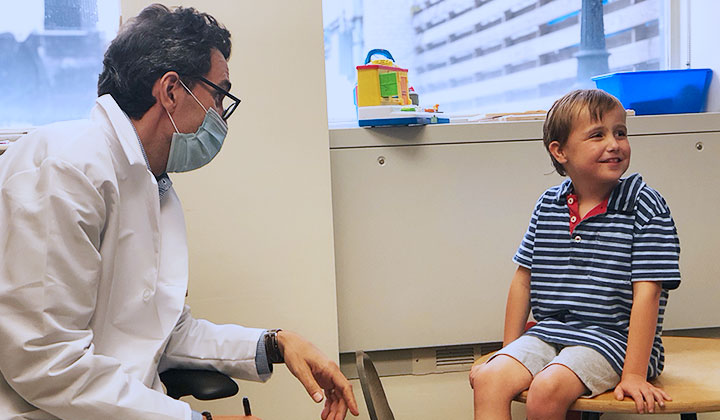
New Study Suggests Ketamine May Be An Effective Treatment for Children with ADNP Syndrome
Sep 06, 2022 View All Press Releases